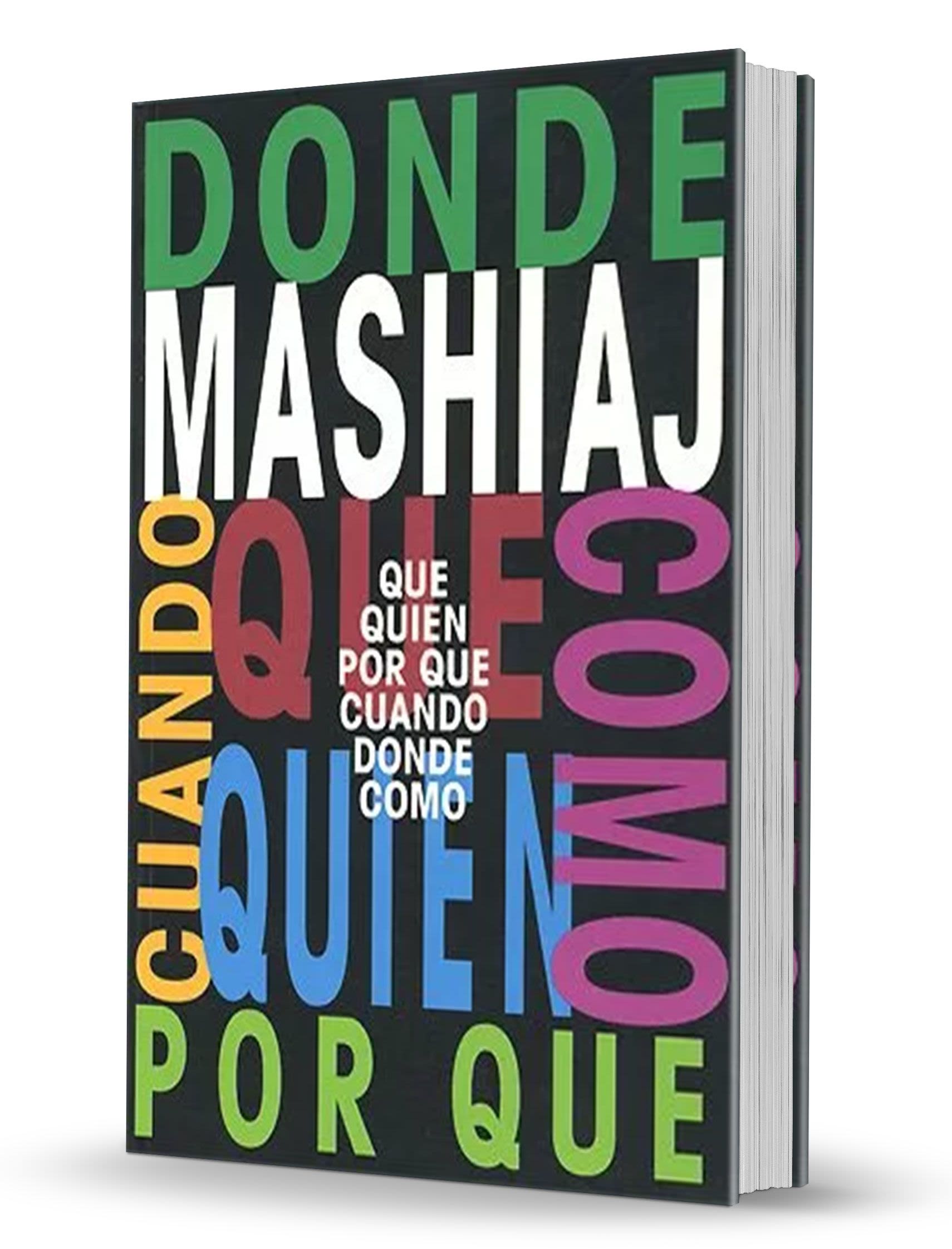
The Power of “Chomesh” – 20% Charity
Chomesh – giving one fifth of one’s net income to charity – is one of the biggest expressions of emuna there is. It’s also highly lucrative in an amazing way...

It’s no secret to say that we’ve been struggling with our finances for a while. My husband actually has a good income for Israel standards, thank G-d, but even so, we just never seem to be able to get our budget to balance. Before two years ago, I wasn’t really trying very hard, if I’m honest. I still left lights on all the time, bought whatever food I felt like and ‘needed’ at least a few days in a hotel every year.
 But two years’ ago, I finally decided that I had to do my effort, and try to live within my means, even if that meant going without basic things.
But two years’ ago, I finally decided that I had to do my effort, and try to live within my means, even if that meant going without basic things.We sat down and worked out how much was coming in, then did the budget for how much was going out every month, and assigned various amounts every month for our needs, the kids, the car, food, the house etc.
And I tried so very hard to stick to it. There were weeks that we only ate some version of eggs, or some version of lentils. There were weeks that I simply didn’t invite guests for Shabbat, because it would put too much of a strain on the finances and take us ‘over budget’. For months and months, my husband and I didn’t even buy so much as a new shirt (for him) or a pair of shoes (for me).
In the weeks when I couldn’t afford another tank of petrol, I didn’t drive the car. Instead, I took the bus, or stayed in our village – even when I was going mental, and really felt like I had to get ‘out’.
This exercise in austerity taught me some very important lessons. It taught me that 10-shekel fake Crocs are just fine, thank you very much. That you can actually feed a familiar of four comfortably with just the one chicken for Shabbat; that I needed far fewer new clothes than I thought; and that it was fine to say ‘no’ (repeatedly) to requests from the kids.
But perhaps the most poignant thing it taught me was that even with all the careful budgeting, we still couldn’t quite live within our means. Every month, it would be something else, like needing to replace the brakes on the car, or my glasses breaking, or a cold snap that required another 400 shekel purchase of a replacement bottle of gas for the central heating.
After months and months and months of austerity, I realized that something needed to change. I was miserable not inviting guests for Shabbat, and it seemed to make such a little difference to the bottom line anyway, I couldn’t see the point of it anymore.
That’s when I read about paying a chomesh, on the Breslev Israel website. It was a translated excerpt from Rav Arush’s book The Garden of Riches, and it was saying that one of the single best ways of getting out of debt was to double the amount you give to charity.
According to Jewish Law, one is obliged to give 10% of their income to charity. That’s the minimum acceptable amount, and thank G-d, we’ve done that all our married lives. But Rav Arush wrote that if a person gives a fifth of their income – called a ‘chomesh’, from the Hebrew word for five – then that sends a very clear signal that they know where their money is coming from. And it’s not from their own efforts and hard work.
That night, I told my husband I wanted to start paying a chomesh. Initially, he was quite skeptical that the way to get out of debt was to lay out even more money. “But that’s the whole point!” I said. “We clearly can’t pay our way, even not paying the chomesh! This way, we’ll increase our charitable contributions, and that will hopefully spark the Divine Compassion that we need to get out of the red!”
My husband is amazing. He wasn’t convinced, but he let me do it anyway. Tell you the truth, I also wasn’t 100% convinced, but hey, I figured we really didn’t have much to lose by at least trying.
That first month, within a week of paying the chomesh, one of my relatives decided to pay back a very old loan. We’d written it off years ago, and had forgotten all about it. But Hashem hadn’t. It was three times the amount we’d paid out for the chomesh.
The next month, my husband got a bonus from work. The month after that, nothing much seemed to be happening again, and I was starting to think that maybe the chomesh didn’t ‘work’ after all (sorry, Hashem!).
But then, my husband reminded me that he’d just found out how to retroactively ‘cancel’ a debt that was erroneously being claimed by the British Inland Revenue, because they hadn’t registered the fact that we no longer lived there.
For three years, they’d been chasing us to pay hundreds of pounds that we didn’t owe them, and every few months, they’d add another £100 to the total – so we were talking about a lot of money. For no obvious reason, they’d suddenly decided to tell my husband the way to ‘fix’ their records from three years ago, saving us thousands of pounds.
The power of the chomesh….
Since then, my husband has gotten a bonus three out of the last four months. In the month he didn’t get a bonus, other generous relatives gave us a couple of thousand shekels as a house-warming gift. Now he’s starting a new financial year, it’s likely to be January before my husband gets any bonuses again, but Hashem has still being finding ways to save us money.
There’s a rule in Israel that if you move x amount of times in y years, you have to pay a capital gains tax on anything you make on your house. We’d moved so much in the last five years, we were liable for it, and it was in the region of 90,000 NIS – an awful lot of money. But what could we do? We decided to sigh, grin and bear it. We also decided that we would pay a chomesh on the ‘capital gain’ to charity – also a great deal of money.
A few weeks’ ago, our lawyer called us to tell us that for some obscure reason, we were not being asked to pay the tax after all. Unbelievable! But again, we knew it was the power of the chomesh.
Now that we’ve moved, our bills have gone sky-high; the chances of us balancing our budget on what we have coming in is literally zero; it’s an impossible sum. Impossible for us, that us. But I’ve seen the power of the chomesh in action; I know that Hashem picked out this house and this community for us; and I have a feeling that somehow or other, He’ll help us to pay our way.
In the meantime, we will continue to pay our fifth to charity, and to pray that Hashem will continue to have mercy on us, and help us. Ninety-five percent of my budget today is pure mitzvot: it’s paying for my kids’ education in a much better school; for our mortgage in a better community (at least, for us); for Shabbat guests, including yeshiva students and families from abroad who otherwise might not afford to come to Israel; for modest clothes for myself and my kids; for trips to visit kivrei tzadikim (burial sites of tzadikim) and the Kotel (Western Wall); and or course, for charity.
In my hitbodedut, I’m happy to give Hashem a detailed account of my spending, and I continually ask Him for help: Tatty, help me to continue to do your mitzvot! Help me to continue to support Torah and emuna; to live a kosher life in Eretz Yisrael; to celebrate Shabbat in a fitting way; and to send my husband to Uman for Rosh Hashanah…
And B’Ezrat Hashem, I’m sure that somehow or other, He will.










6/20/2023
Thank you!
HaShem sent me to your article on Breslev.com after googling “Chomesh” after beseeching Him to help us have the money that is needed to pay ALL the bills. You reminded me that none of the income is from me or my efforts. It’s all from HaShem!
2/04/2011
Beautiful, but Beautiful, but maaser, as opposed to zedoko, is not halacha for everyone. Ask a sheilo!
2/04/2011
Beautiful, but maaser, as opposed to zedoko, is not halacha for everyone. Ask a sheilo!